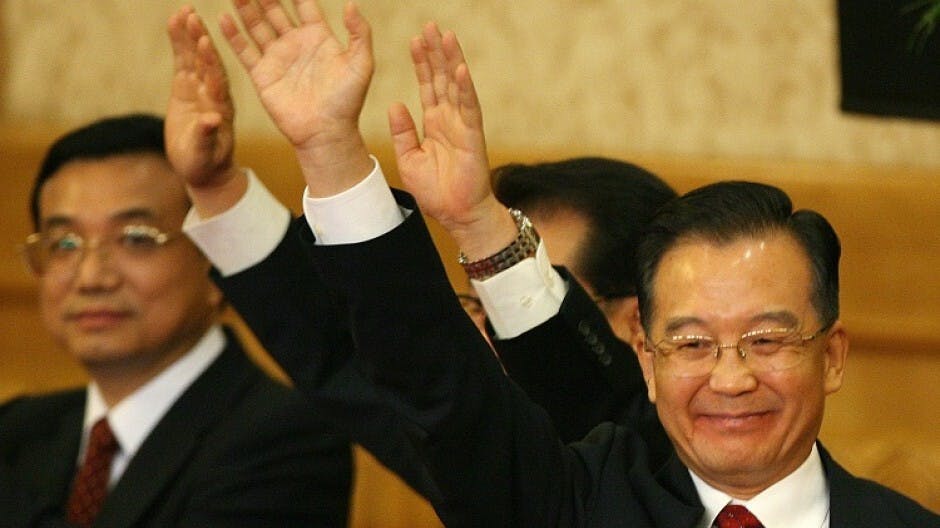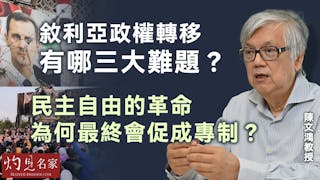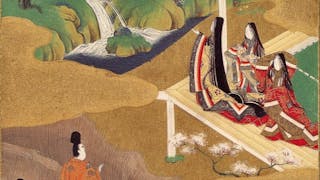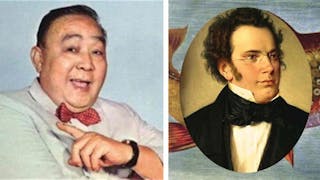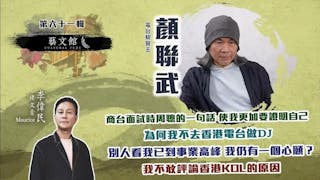十隻手指有長短
每隻手指,都有不同的叫法:
Thumb 是大拇指。All fingers and thumbs 表示笨手笨腳,clumsy with one’s hands。而翹起拇指,表示讚賞或被接受,流行說法是 two thumbs up,to show that something has been accepted or it is a great success;反之,thumbs down is to say something is rejected or it is a failure,拇指向下,表示被拒絕或不成功。至於受制於人,完全受人支配:under somebody’s thumb means completely controlled by somebody;而嗤之以鼻,表示蔑視,可以說 thumb your nose at somebody,you show a rude sign with your thumb on your nose that you have no respect for somebody。
Forefinger 食指,即是 index finger,the finger next to the thumb。
Middle finger 中指 is the longest finger in the middle of each hand。
Ring finger 無名指 is the finger next to the smallest one,especially on the left hand,on which a wedding ring is traditionally worn,左手的第四隻手指,傳統上用以佩戴結婚戒指。
Little finger 小指 is the smallest finger of the hand。流行語 twist somebody around your little finger,即是任意擺布某人,to persuade somebody to do anything that you want。
Fingertips 指尖,最常見的一個成語是 at your fingertips,表示精通,熟悉,familiarity with a skill or having a thorough knowledge of a certain subject,垂手可及,隨時供你使用的知識,而你掌握的事實或資料,周全徹底,可以運用自如。
Fingerprint = 指紋;蓋手指印 fingerprinting is the practice of recording somebody’s fingerprints。Fingerprinting is often used by the police to identify criminals,警察錄取罪犯的指紋,用來偵察案件。Fingermark 是手指留下的痕跡,一本經常查用的工具書,可以說 a frequently thumbed book with many fingermarks。
Knuckle 指節,有一個習用語 knuckle under somebody 表示屈服,meaning you accept somebody else’s authority。
Wrist 手腕 is the joint between the hand and the arm;例句:she wore a copper bracelet watch on her wrist;a slap on the wrist is a warning or mild punishment 輕微的懲罰或警告。
多管閒事
Finger 手指的慣用語,都很形象化:you have a finger in every pie 多管閒事;到處干預。這句成語,最有可能的來源,是指製造餡餅的人,含義泛指你參加太多不同範疇的活動,採用的手法,也未必得到別人的認同。當人的心臟跳動時,血脈膨脹,收縮的速度和力度,叫做脈博。醫生用手輕按病人手腕的大動脈,憑感覺探測病人脈博的強弱,同樣道理,if we say you keep your finger on the pulse 表示你掌握事情的脈搏;了解最新的情況,you are well informed and you have an up-to-date knowledge of something,你知道最新的消息和變化,充分明白事件的運作。If you have green fingers 綠手指,you have skill at gardening,你非常擅長園藝,擁有種植花木蔬菜的高超技能。
Hand
Hand 和 movement 分不開。跟手有關的動詞不少,我們要認識其不同詞彙,懂得小心選擇,準確運用。
下列動詞,表示用手接觸東西不同的方法,verbs describing different ways of touching things:
Feel 用手觸摸;finger 用手指觸摸;stroke 輕撫;pat 輕拍;tap 輕敲;squeeze 擠、揑;rub 揉、搓、擦。
下列動詞,分別不大,均表示拿住、抱緊、握住,holding something tightly:
Clasp 握住;clutch 抓緊;grasp 抓住;grip 緊握。另一方面,grab 抓、搶;snatch 一手抓起、一手奪過 = holding or taking something quickly,同樣表達迅速抓住的動作。
第一手是 first-hand,表示親力親為,尤其是用於親身得來的經驗,a first-hand experience is something you acquired yourself rather than being told about it by somebody else。
第二手是 second-hand,用過的,not new or owned and used by someone else before,例如 second-hand cars 二手車;second-hand bookshop 舊書店;second-hand opinions 來自他人的觀點。老手是 an old hand,即是非常熟悉某件事,或長時間做着同一樣工作,而甚有經驗的人,someone who is very experienced;heavy hand 表示做事作風高壓,或者待人處事非常嚴厲,很多時手法並不公平;high-handed 形容專橫的,自私的行為。
Hand 也有 help 幫助的意思,所以 give me a hand 或 lend someone a hand 都有助人一臂之力,幫助某人處理某事的含義。
Give someone a big hand 為表演者鼓掌,表示讚賞;give one’s hand to 表示答應和某人結婚。
假如你對某事瞭如指掌,非常熟悉,你可以說 you know something like the back of your hand。假如你和某人或某機構密切合作,從事不正當或不道德的勾當,可以說 you are hand in glove with someone or something。
本專欄逢周二、五發表



